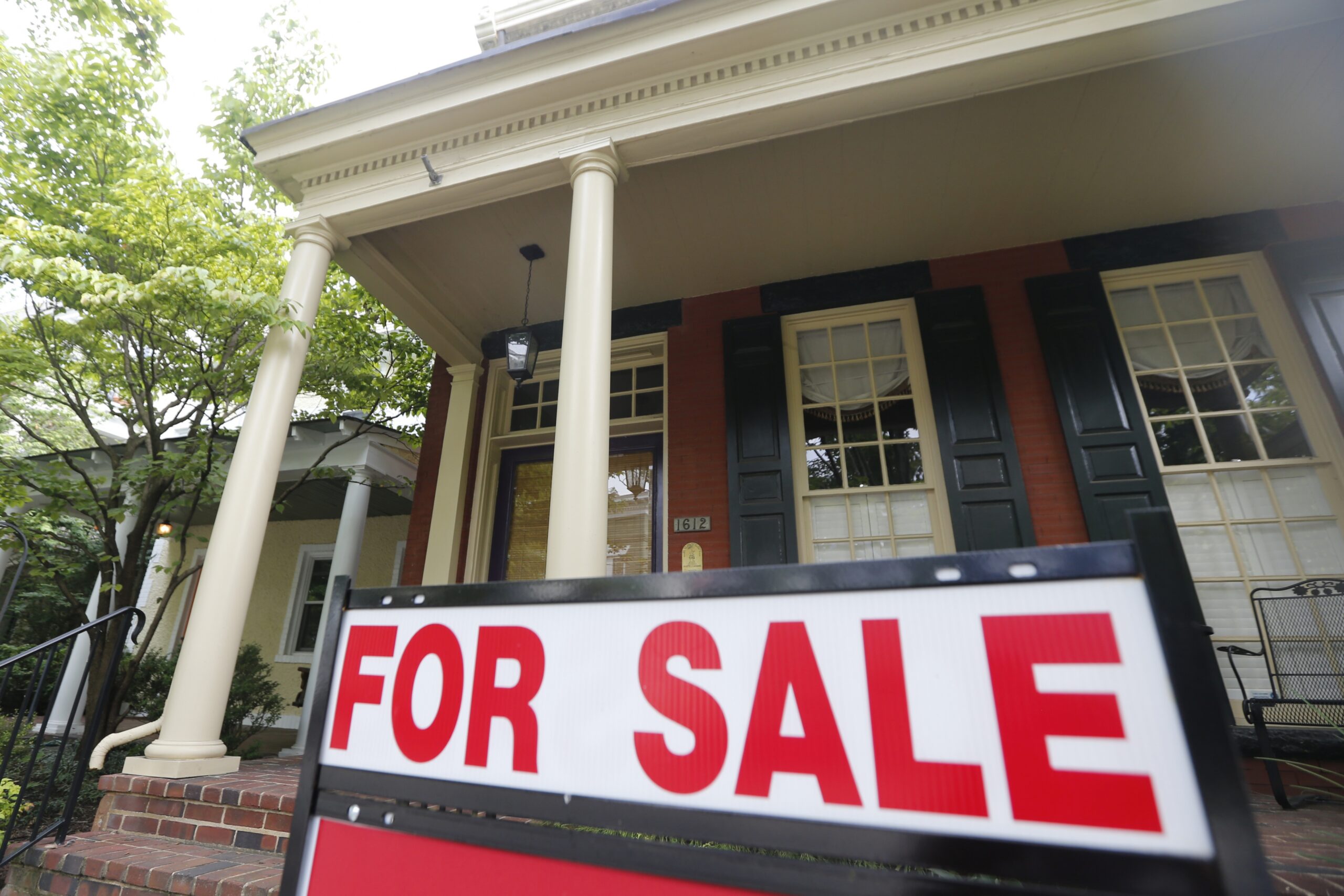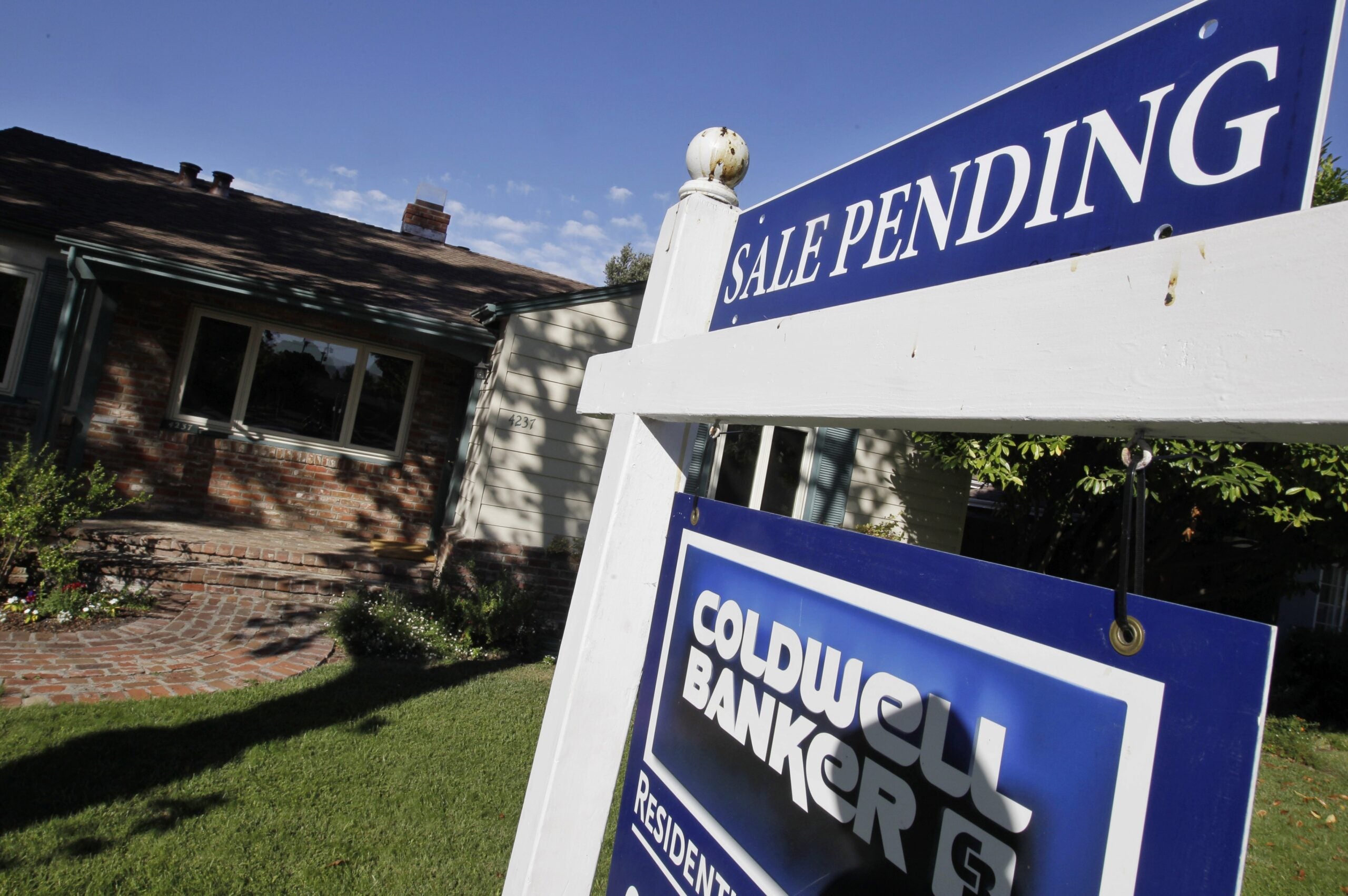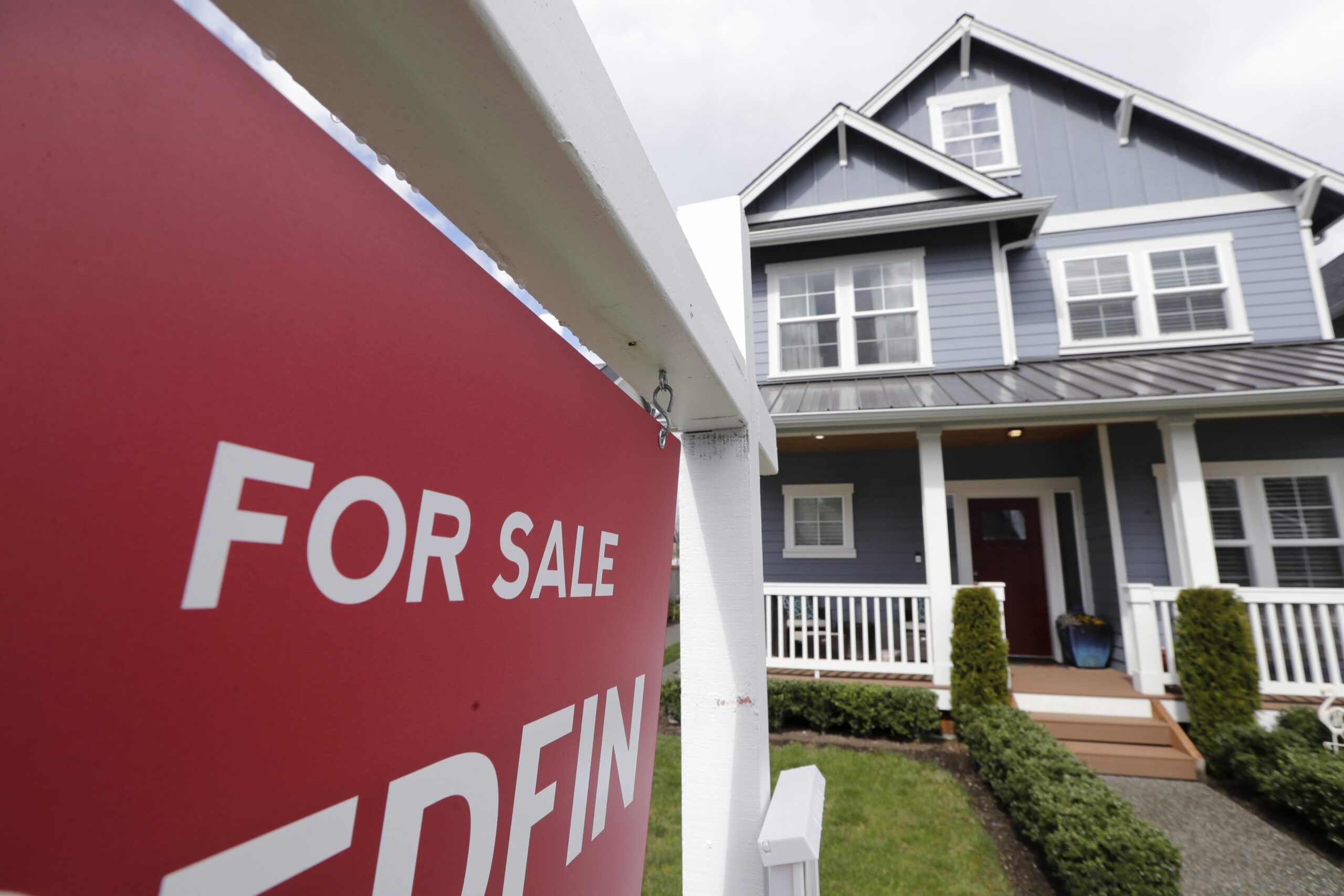Wisconsin home sales fell by 32.5 percent in April compared with the same time last year. But with steady demand and low inventories prices continued to rise, climbing by around 7 percent.
The Wisconsin Realtors Association April Home Sales Report shows the median home price in the state rose to $283,000. That’s up from $265,000 in April 2022.
Marquette University Professor of Economics David Clark told Wisconsin Public Radio that demand is still strong, driven by millennials who may have waited to buy homes during the fallout from the Great Recession.
News with a little more humanity
WPR’s “Wisconsin Today” newsletter keeps you connected to the state you love without feeling overwhelmed. No paywall. No agenda. No corporate filter.
“So, they’re at that stage in life where certainly they would be making that transition,” Clark said. “The problem is, there just aren’t a whole lot of homes available for sale.”
He said that’s because homeowners who secured historically low interest rates during the early months of the COVID-19 pandemic are uneasy about selling and taking out a mortgage with interest rates now above 6 percent. The statewide housing inventory was just two and a half months, which is unchanged from April 2022. That’s especially challenging for first-time buyers, said Clark.
“As a consequence, unfortunately, a lot of millennial households have made offers on homes only to see those homes bought by people with more attractive offers, those with bigger down payments, all cash offers, those types of things,” Clark said.
Median home prices vary by region, with south central Wisconsin topping the list with a median price of $340,000. At the other end of the spectrum, median prices in central Wisconsin were $200,000, according to WRA.
Housing affordability, as measured by WRA’s index, fell by 13.7 percent due to higher home prices and mortgage rates than last year.
Clark said a boost in inventory from new construction would help expand housing inventories. But he said a generational shift, with aging baby boomers selling existing homes, will likely have the most significant impact.
“That will happen, but that doesn’t happen quickly,” Clark said.
A severe recession could also bring additional homes to the market by way of bank foreclosures, Clark said. But he said loose underwriting standards that helped drive the 2008 housing market crash don’t exist today and homeowners with equity are better prepared to withstand an economic downturn.
“The expectation here is that if we do have a recession, it’s less likely to be one that generates a significant impact on the housing market,” Clark said.
Wisconsin Public Radio, © Copyright 2025, Board of Regents of the University of Wisconsin System and Wisconsin Educational Communications Board.







